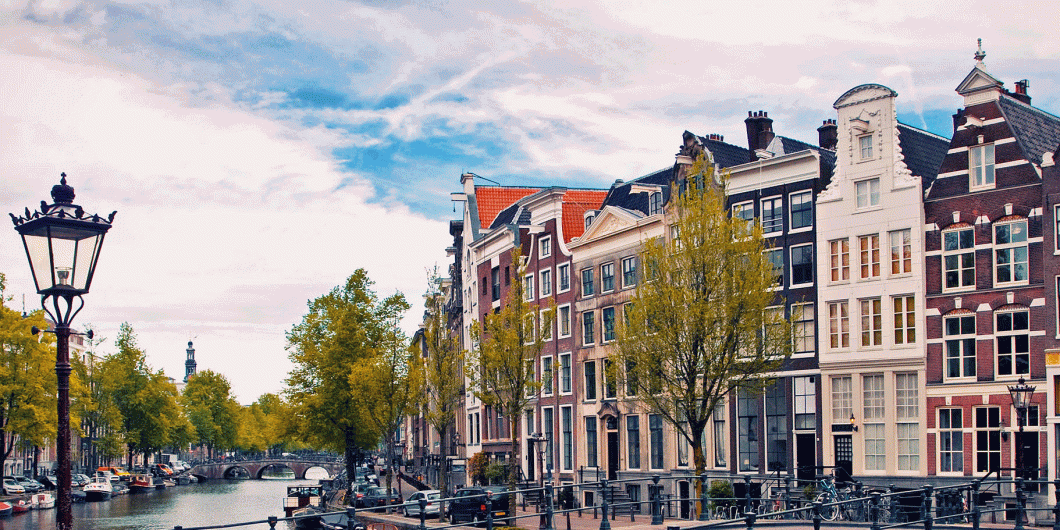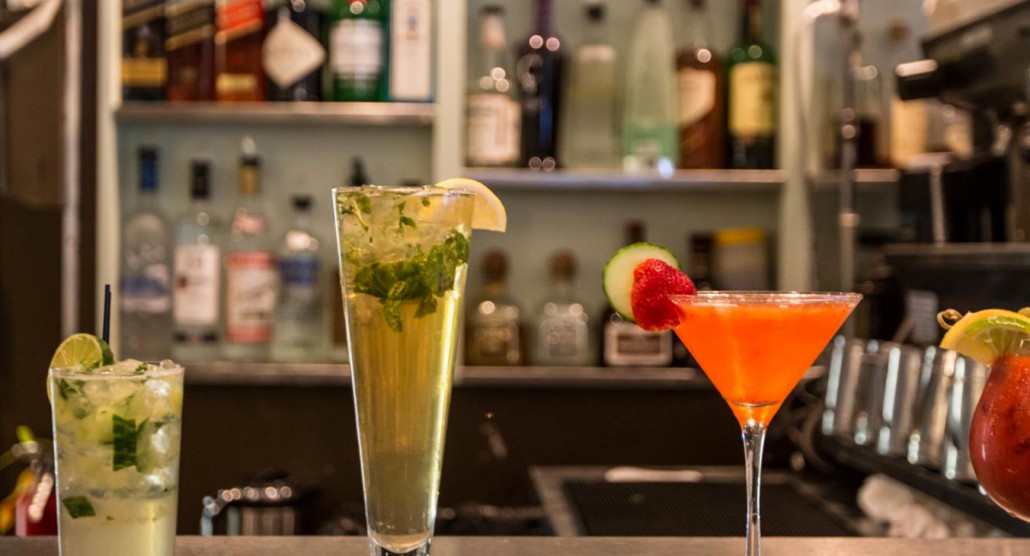You can now buy a bottle of Amsterdam air… for just $22. Or open a prefab Irish pub. Or shop in home decor stores that sell “new” antiques. As Stéphane Mailhiot writes, it’s the story that we’re paying for.
Who buys air? Literally speaking? According to the website, Amsterdam Craft Air Co. will sell you a half-litre of air for €15, or about $22 Canadian. But this isn’t just any kind of air. This air is infused with the unique bouquet of the city’s coffee shops and elm trees, of the Amstel River and the red light district… the authentic air of Amsterdam captured in a bottle.
The company, which has previously sold canal water from the Dutch capital, claims to offer “your own artisanal bottle of eclectic Amsterdam freshness.” There are two blends available, both sold in transparent bottles so that you can “see” the contents. Each bottle is numbered to increase the perception of exclusivity and the label recommends keeping it unopened to preserve the precious contents. ingredients are listed as 78% nitrogen, 21% oxygen and 1% other gases present in Amsterdam’s environment. Pretty much the same constituents of the air in Quebec City or Sudbury, but without the compelling hook. Without the story. Without that flea-market-treasure vibe. Without the designer label. And without the ridiculous price tag.
They’ve only sold some 10 bottles to date, but the notion of buying high-end air justifiably raises a few eyebrows. The company seems to be selling a souvenir, but also making a statement about “artisanal” products. And you don’t have to subscribe to the voluntary simplicity movement to know that it’s not a bargain.
Brands like this one are taking advantage of our desire for what is unique, authentic. A desire that sometimes leads us to make strange purchases. For example, a new Montreal Canadiens jersey is worth more than a used one… unless Radulov ripped it during a game at the Bell Centre. The same is true for a rock star’s guitar. An autographed photo. These items have acquired a story, a rarity, and become imbued with new meaning.
The search for authenticity doesn’t stop at memorabilia or other collectible whimsies; it’s part of our everyday consumerism. Most of us will pay more for a latté than a café au lait. And the quality of said beverage will be judged on the overall café experience. We tend to use shortcuts when it comes to evaluating product quality. The very bearded barista reassures that you’re not paying $5 for a filter coffee. The Asian waiter confers credibility upon your favourite sushi bar. The French accent of the salesperson at the liquor store certainly helps. And when it comes to a pint, there’s nothing better than an Irish pub.
But this is manufactured authenticity. It’s created to make us pay more. Pubs are more widespread than ever, thanks, in part, to marketing efforts and packaging. Many companies now sell kits for prefabricated “authentic” Irish pubs. Since 1990, these kits have helped thousands of pubs pop up all over the world, all featuring an impressive bar, heavy chairs, brass accents and fittings, beer taps and Irish bric-a-brac. The kit even includes vintage posters, photos of famous Irish people, old bottles, vintage brewing tools, etc. The same pub in every country. Design can now be purchased in bulk.
History is always being reimagined, but this trend is particular. What was once a symbol of Ireland 10 years ago has now been replaced with a version that was specifically revamped to be the perfect antique. These “new” antiques are being used to modernize ancestral imagery. With all of these changes to Irish traditions, it now seems difficult to build a credible Irish pub without an Irish broker and lilting barman. That’s why Guinness, the world’s most famous beer, built strong partnerships with pub exporters. Being part of this “authentic” concept is also good for brands.
Even if you’re unwilling to take a vow of poverty enjoy buying authentically authentic products, note that there’s a nearly $40 shipping fee for that half-liter of Amsterdam air. Now that it’s costing you some $60, why not just book a trip and get it straight from the source? And while you’re there, pop into a nearly-authentic Irish pub for a pint. You’ll get better value for your money.
This article was originally published online in French on L’actualité.
Image from Happy Tours


